
Project group PG IFC4Lab @ buildingSMART Germany
POSITION PAPER - EGNATON - BIM (Building Information Modelling) and IFC for Laboratory .

-
The very beginning of the TecBox.
ButtonIn 2018, EGNATON working group 10 "BIM" took up an idea from Christoph Heinekamp. The TecBox was born.
-
Decision for standardisation
ButtonIn 2019, EGNATON WG 10 and the management sought external cooperation to standardise TecBox. We decided on buildingSMART, which handles ISO standardisation for BIM.
-
Milestone round table breakthrough
ButtonAn EGNATON-initiated buildingSMART roundtable opened the way to a formal project group involving all interested parties in spring 2019.
-
Project group PG IFC4Lab
ButtonSince 2019 the project group "IFC4lab" (PG IFC4lab) has pursued as a concrete task the standardization of a mechanism usable in Building Information Modeling (BIM) for the reduction of planning complexity in laboratory buildings.
Position paper EGNATON
BIM (Building Information Modelling) and IFC for Laboratory
Laboratory equipment, incl. devices connected to the laboratory building, are products that significantly influence the architectural and TGA-specific planning of a laboratory building. Furthermore, properties such as dimensions, spare parts, origin, etc., are essential information for the operator or facility management.
Due to this and the direct effect on the functionality and smooth running of laboratory operations, planners and operators demand the integration of laboratory equipment into the standardised data formats of Building Information Modelling (BIM).
The most important (and also oldest) of these data formats is the Industry Foundation Class (IFC) standard. IFC has been developed since 1991 in the international BIM organisation buildingSMART International (BSI). BSI has national chapters (primarily as e.V.) in every essential industrial country. The respective version of IFC is regularly transferred to an ISO standard under ISO 16739 following an agreement between BSI and ISO.
IFC is not a drawing standard - like its industry predecessors STEP or dxf. IFC does not specify the exact characteristics of the object attributes. Instead, IFC is - as the name suggests - initially a classification system. All non-technical organisational object classes, such as project names and process responsibilities, are recorded in a hierarchical system that the standard specifies. Important attributes (e.g. the wall thickness in the class IfcWall) are also identified. The user can carry out further specialisations in the form of attributes and subclasses within the framework of the IFC rules. The goal is the complete digital recording of a property, a building or a usable area in a system.
This completeness can only succeed in the form of an open standard - accessible to everyone. This also means that essential properties (attributes) are developed consensually and appropriately through cooperation between manufacturers, BIM experts and planners. On the one hand, the relevant information must be defined - in no case more. On the other hand, manufacturers must be sure not to disclose internal production data or factory secrets.
It is, therefore, advisable to develop a multi-level attribute system that is open to different requirement profiles of the target groups and can be developed iteratively.
Currently, there are no adequate IFC classes for laboratory equipment or laboratory space. Therefore, the industry has the opportunity to act as a leader with a global impact.
As a first step, the newly founded working group envisages identifying which IFCs relevant to laboratory facilities already exist and should be adopted in part (e.g. generic classes for a table, cabinet, and chair).
It is to be checked - in cooperation with BSI - which classes have to be adapted to the needs of the laboratory space, further developed or newly developed.
EGNATON has agreed on a liaison with the German, internationally authoritative chapter buildingSMART e.V.
- There is no "European" chapter.
- First, the way should be paved at this level to publish Labor IFCs as a BSI standard and as ISO 16739.
- This structured way is the means of choice to establish laboratory IFCs globally. Individual companies have limited or no possibility to form specialist groups under buildingSmart.
- A fundamental prerequisite is the possibility of participation of all interested parties, i.e., competitors.
The open and fundamental BIM standards are an instrument that promotes sustainability. The quality of planning and execution is improved. The client can rely on generally and long-term valid data standards during operation.
EGNATON, as a neutral industry association subsuming all stakeholders involved in research buildings, has an intrinsic interest in sustainable planning and the potential to bring together the experts in question and, as a partner of buildingSMART, to establish the transition to an open system in ISO 16739.
The BIM IFC4Lab working group at EGNATON is to be founded as an autonomous specialist group Laboratory at buildingSMART (initially via the German Chapter).
For the time of the activity of the specialist group, membership in buildingSMART can be helpful to the participating companies.
Do you want to be part of this group?
Then please get in touch with us.
Ifc4Lab Extended Workshop (4Q23)
Son Burguet, October 02-06, 2023
This extended workshop expands the knowledge gathered about IFC in the 1-day fundamentals course and in the 3-day upgrade workshop held in April 2023.
- It starts with the concept of IfcRelationship and completes the IFC system by its third pillar under IfcRoot - the superclass IfcPropertyDefinition. It is important to understand its interaction between the other two other pillars of wisdom - IfcObjectDefinitions and IfcRelationship.
- Only when a persistent and consistent schema for Ifc4Lab will have a chance to introduce lab data and lab information models into the upcoming versions of IFC.
- Once again the learning curve will be enhanced by deep and active exercise learning. Again Open Source tools and Python programming code will have its place. The participants will learn how to establish their own property sets suited to their specific needs.
- Are you interested? Read more here --> ....
about content, location, schedule and participation options.
Others
Teilen
Imprint
Privacy
Contact
Download Members only
Copyright © 2024 EGNATON e.V. Im Eichenbühl, D-64625 Bensheim/Germany +49 2153 9098 941
View background
Laboratories change dynamically, partly continuously, and partly disruptively.
EGNATON strives for sustainable answers to emergent changes.
-

Bildtitel
EGNATON's goal is to create international leadership for sustainable German-European laboratory technologies.
Button 
Bildtitel
Untertitel hier einfügenButton
Bildtitel
Untertitel hier einfügenButton
Bildtitel
Untertitel hier einfügenButton
Bildtitel
Untertitel hier einfügenButton
Bildtitel
Untertitel hier einfügenButton
Bildtitel
Untertitel hier einfügenButtonBildtitel
Untertitel hier einfügenButtonBildtitel
Untertitel hier einfügenButton
Bildtitel
Untertitel hier einfügenButton
Bildtitel
Untertitel hier einfügenButtonBildtitel
Untertitel hier einfügenButtonBildtitel
Untertitel hier einfügenButtonBildtitel
Untertitel hier einfügenButtonBildtitel
Untertitel hier einfügenButtonBildtitel
Untertitel hier einfügenButtonBildtitel
Untertitel hier einfügenButtonBildtitel
Untertitel hier einfügenButtonBildtitel
Untertitel hier einfügenButtonBildtitel
Untertitel hier einfügenButtonBildtitel
Untertitel hier einfügenButtonBildtitel
Untertitel hier einfügenButtonBildtitel
Untertitel hier einfügenButtonBildtitel
Untertitel hier einfügenButtonBildtitel
Untertitel hier einfügenButtonBildtitel
Untertitel hier einfügenButtonBildtitel
Untertitel hier einfügenButtonBildtitel
Untertitel hier einfügenButtonBildtitel
Untertitel hier einfügenButtonBildtitel
Untertitel hier einfügenButtonBildtitel
Untertitel hier einfügenButtonBildtitel
Untertitel hier einfügenButtonBildtitel
Untertitel hier einfügenButtonBildtitel
Untertitel hier einfügenButtonBildtitel
Untertitel hier einfügenButtonBildtitel
Untertitel hier einfügenButtonBildtitel
Untertitel hier einfügenButtonBildtitel
Untertitel hier einfügenButtonBildtitel
Untertitel hier einfügenButtonBildtitel
Untertitel hier einfügenButton
Bildtitel
Untertitel hier einfügenButtonBildtitel
Untertitel hier einfügenButton
Bildtitel
Untertitel hier einfügenButton
Bildtitel
Untertitel hier einfügenButton
Bildtitel
Untertitel hier einfügenButton
Bildtitel
Untertitel hier einfügenButton
Bildtitel
Untertitel hier einfügenButton
Bildtitel
Untertitel hier einfügenButton
Bildtitel
Untertitel hier einfügenButton
Bildtitel
Untertitel hier einfügenButton
Bildtitel
Untertitel hier einfügenButton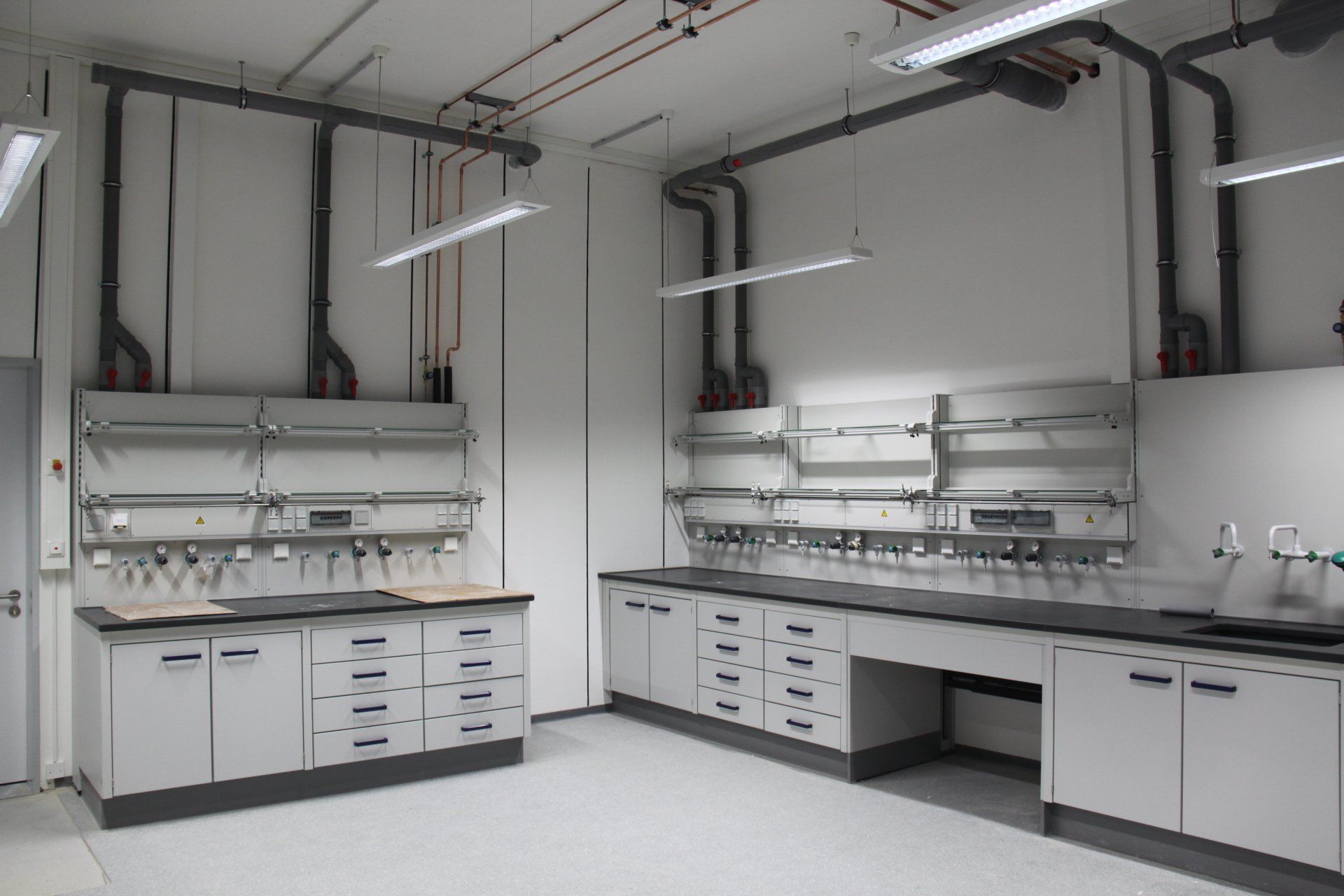
Bildtitel
Untertitel hier einfügenButton
Bildtitel
Untertitel hier einfügenButton
Bildtitel
Untertitel hier einfügenButton
Bildtitel
Untertitel hier einfügenButtonBildtitel
Untertitel hier einfügenButton
Bildtitel
Untertitel hier einfügenButtonBildtitel
Untertitel hier einfügenButton
Bildtitel
Untertitel hier einfügenButton
Bildtitel
Untertitel hier einfügenButton
Bildtitel
Untertitel hier einfügenButton
Bildtitel
Untertitel hier einfügenButton
Bildtitel
Untertitel hier einfügenButton
Bildtitel
Untertitel hier einfügenButton
Bildtitel
Untertitel hier einfügenButton
Bildtitel
Untertitel hier einfügenButton
Bildtitel
Untertitel hier einfügenButton
Bildtitel
Untertitel hier einfügenButton
Bildtitel
Untertitel hier einfügenButton
Bildtitel
Untertitel hier einfügenButton
Bildtitel
Untertitel hier einfügenButton
Bildtitel
Untertitel hier einfügenButton
Bildtitel
Untertitel hier einfügenButton
Bildtitel
Untertitel hier einfügenButton
Bildtitel
Untertitel hier einfügenButton
Bildtitel
Untertitel hier einfügenButton
Bildtitel
Untertitel hier einfügenButton
Bildtitel
Untertitel hier einfügenButton
Bildtitel
Untertitel hier einfügenButton
Bildtitel
Untertitel hier einfügenButton
Bildtitel
Untertitel hier einfügenButton
Bildtitel
Untertitel hier einfügenButton
Bildtitel
Untertitel hier einfügenButton
Bildtitel
Untertitel hier einfügenButton
Bildtitel
Untertitel hier einfügenButton
Bildtitel
Untertitel hier einfügenButton
Bildtitel
Untertitel hier einfügenButton
Bildtitel
Untertitel hier einfügenButton
Bildtitel
Untertitel hier einfügenButton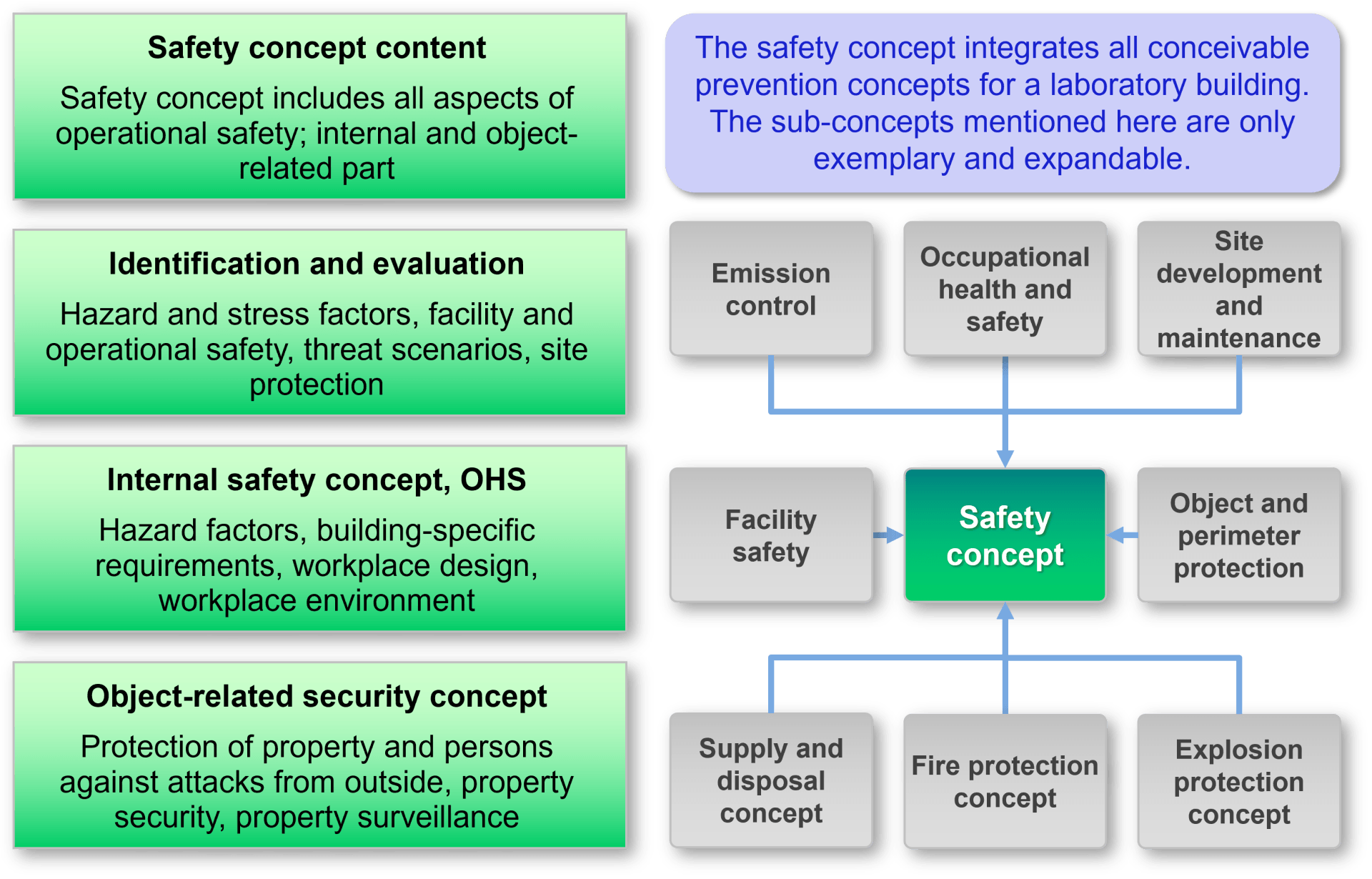
Bildtitel
Untertitel hier einfügenButton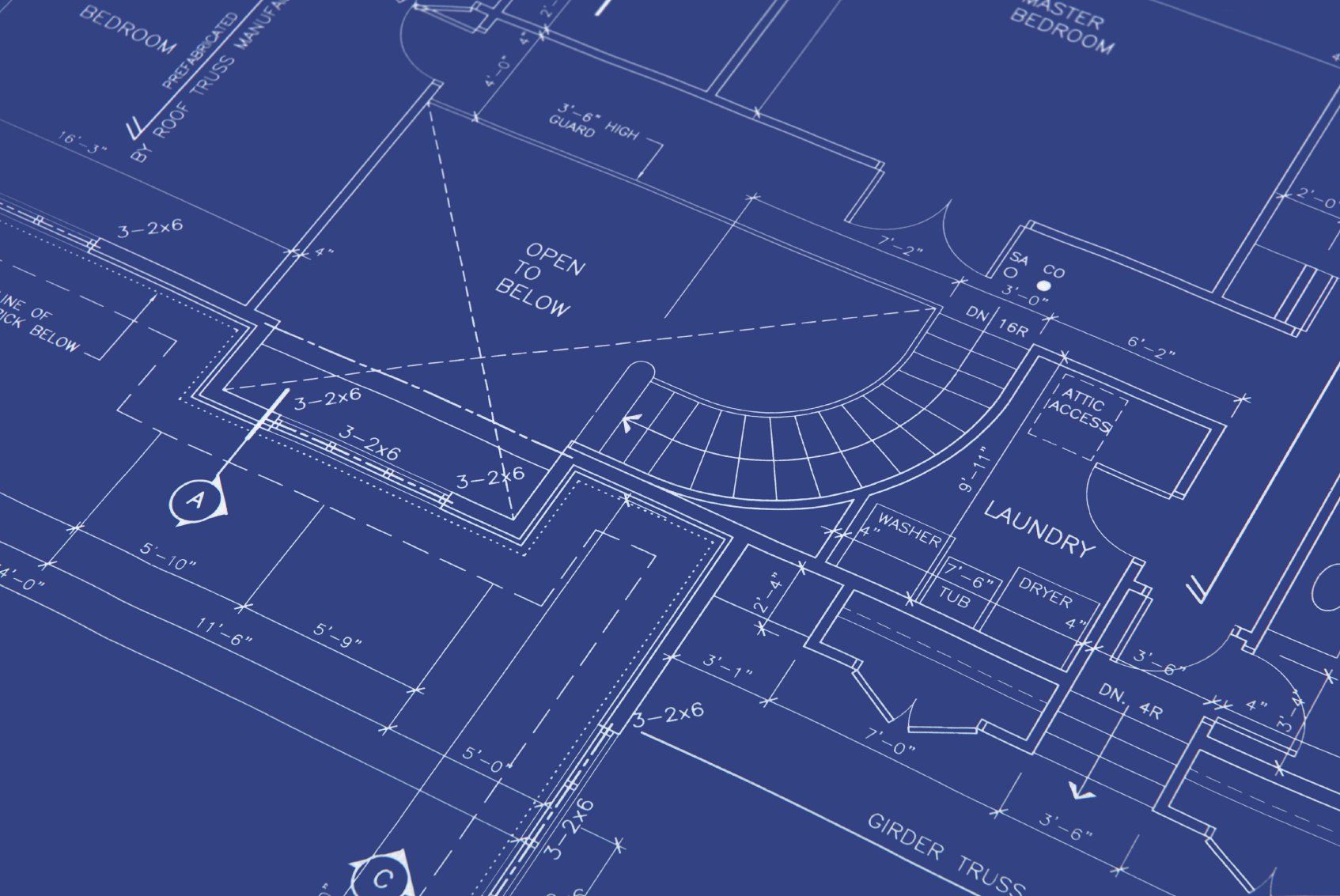
Bildtitel
Untertitel hier einfügenButton
Bildtitel
Untertitel hier einfügenButton
Bildtitel
Untertitel hier einfügenButton
Bildtitel
Untertitel hier einfügenButton
Bildtitel
Untertitel hier einfügenButton
Bildtitel
Untertitel hier einfügenButton
Bildtitel
Untertitel hier einfügenButton
Bildtitel
Untertitel hier einfügenButton
Bildtitel
Untertitel hier einfügenButton
Bildtitel
Untertitel hier einfügenButton
Bildtitel
Untertitel hier einfügenButton
Bildtitel
Untertitel hier einfügenButton
Bildtitel
Untertitel hier einfügenButton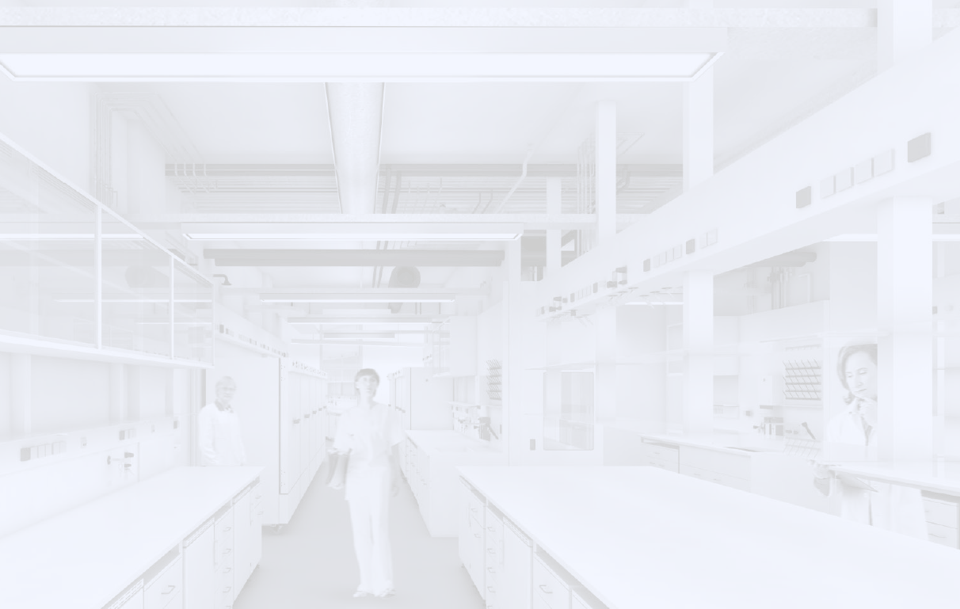
Bildtitel
Untertitel hier einfügenButton
Bildtitel
Untertitel hier einfügenButton
Bildtitel
Untertitel hier einfügenButton
Bildtitel
Untertitel hier einfügenButton
Bildtitel
Untertitel hier einfügenButton
Bildtitel
Untertitel hier einfügenButton
Bildtitel
Untertitel hier einfügenButtonBildtitel
Untertitel hier einfügenButton
Bildtitel
Untertitel hier einfügenButton
Bildtitel
Untertitel hier einfügenButton
Bildtitel
Untertitel hier einfügenButton
Bildtitel
Untertitel hier einfügenButton
Bildtitel
Untertitel hier einfügenButton
Bildtitel
Untertitel hier einfügenButton
Bildtitel
Untertitel hier einfügenButton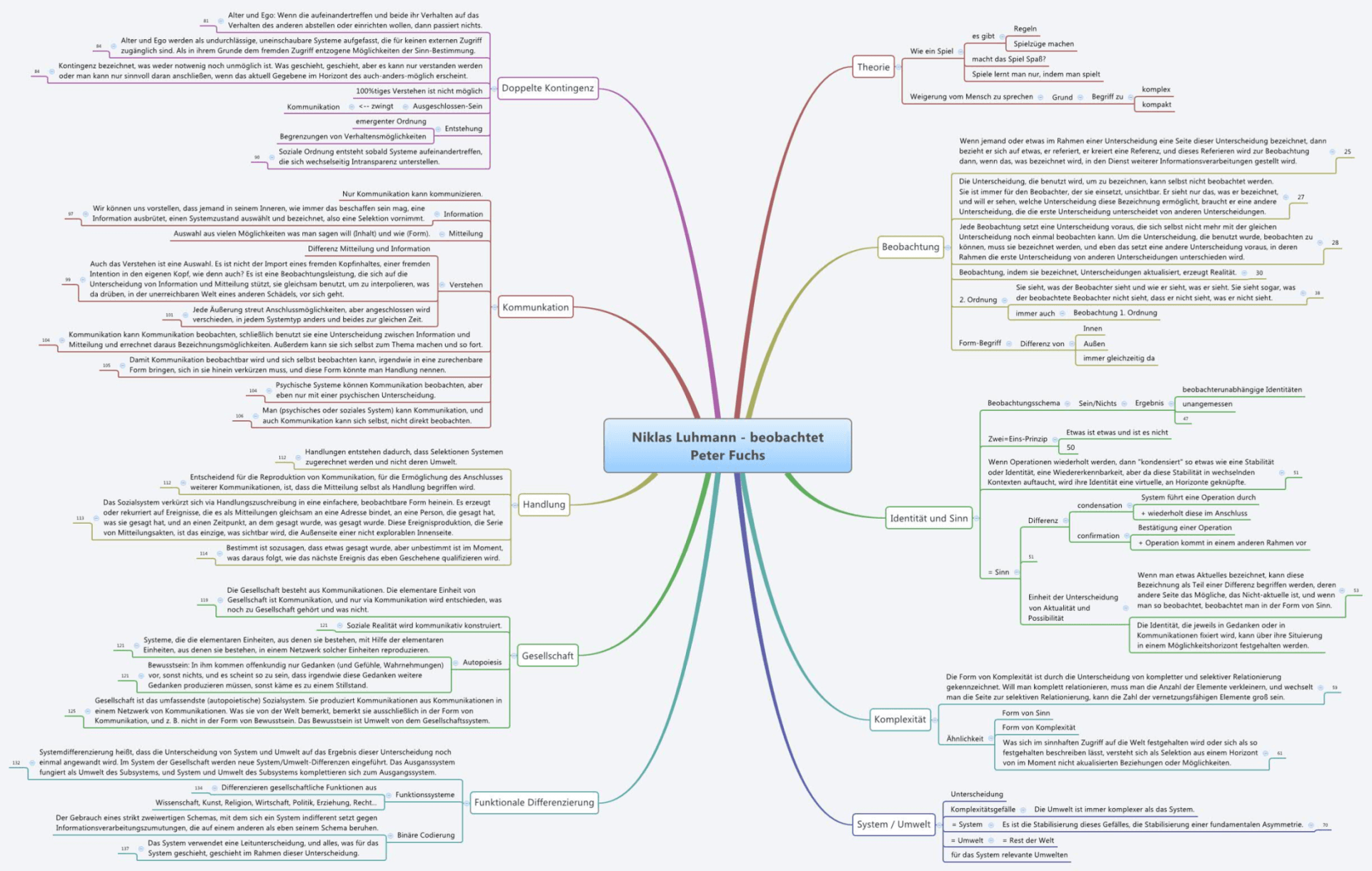
Bildtitel
Untertitel hier einfügenButton
Bildtitel
Untertitel hier einfügenButton
Bildtitel
Untertitel hier einfügenButton
Bildtitel
Untertitel hier einfügenButton
Bildtitel
Untertitel hier einfügenButton
Do you want to become a member? --> Statutes of the Association --> Original statutes (in German) --> Scale of fees --> Logo Guidlines --> Membership application form



